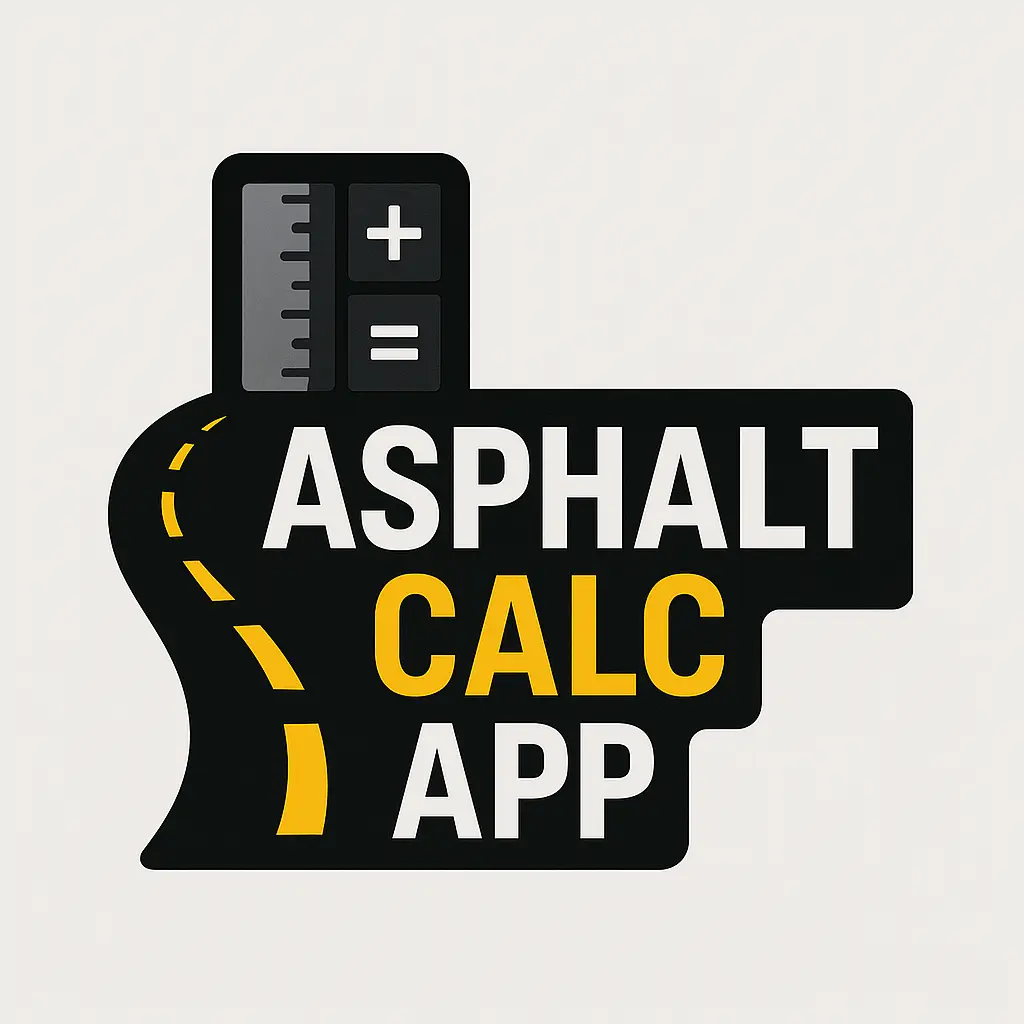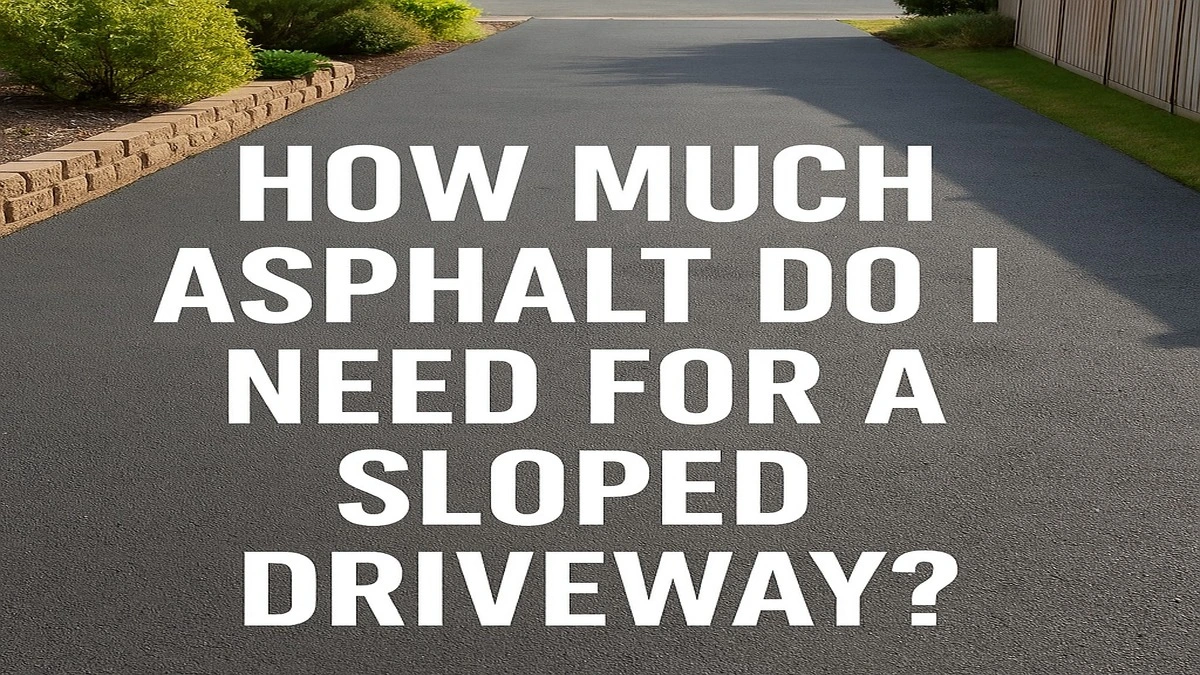How Much Asphalt Do I Need for a Sloped Driveway
To calculate the asphalt needed for a sloped driveway, measure the length, width, and average thickness, then adjust for the slope. Multiply length × width × thickness (in feet) to get cubic feet, divide by 27 to get cubic yards, and multiply by asphalt’s density (~2,243 kg/m³ or 145 lb/ft³). For a typical 2-inch-thick driveway, you’ll need about 0.054 tons per square foot—increase by 5–10% for steeper slopes to account for extra compaction and runoff.
Why Slope Matters in Asphalt Estimation
A sloped driveway requires slightly more asphalt than a flat one because:
-
Compaction loss is higher.
-
Rainwater runoff shaping may require thicker areas at the base.
-
Safety & traction sometimes need thicker or textured layers.
This makes accurate calculation crucial to avoid material shortages or costly overordering.
Step-by-Step Asphalt Calculation for Sloped Driveways
1. Measure Driveway Dimensions
-
Length: From start to end (in feet or meters)
-
Width: Average width across the driveway
-
Slope measurement: Use a level or inclinometer
Tip: For highly irregular slopes, break the driveway into sections and calculate separately.
2. Convert to Volume
Formula:
Example for a 30 ft × 10 ft driveway, 2 inches thick (0.167 ft):
3. Adjust for Slope
Add 5–10% extra for slopes above 10° to account for material migration during compaction.
4. Convert Volume to Weight
Multiply by asphalt density:
Example:
Internal Linking Ideas (for AsphaltCalcApp.com)
-
Asphalt Calculator Tool – Link to
/asphalt-calculatorfor quick calculations. -
Pothole Repair Cost Calculator – Link to
/pothole-repair-costfor related maintenance. -
Driveway Resurfacing Guide – Link to
/driveway-resurfacingfor long-term upkeep advice.
External Reference Links
Factors Affecting Asphalt Quantity
-
Slope degree – steeper means more compaction loss.
-
Base material – a gravel base can reduce the need for asphalt thickness.
-
Climate – freeze-thaw regions may require thicker asphalt.
-
Traffic load – heavier vehicles need thicker surfaces.
Pro Tips for Ordering Asphalt for Sloped Driveways
-
Order 5–10% extra to avoid shortages.
-
Consider a binder course for better slope stability.
-
Check local supplier delivery minimums to save on transport costs.
FAQs
Q1: Can I use the same formula for gravel and asphalt?
No, gravel has a different density and compaction rate, so use separate calculators.
Q2: Is a thicker driveway better for slopes?
Yes, generally, 3 inches compacted is recommended for steep slopes.
Q3: What’s the cheapest way to pave a sloped driveway?
Cold mix asphalt is cheaper but less durable than hot mix.
Conclusion
Knowing how much asphalt you need for a sloped driveway saves money, prevents delays, and ensures a durable, safe surface. By factoring in slope adjustments and using an online asphalt calculator, you can confidently order the right amount.
For a hassle-free experience, try our Asphalt Calculator Tool to get precise results in seconds.

